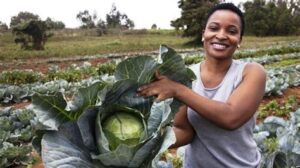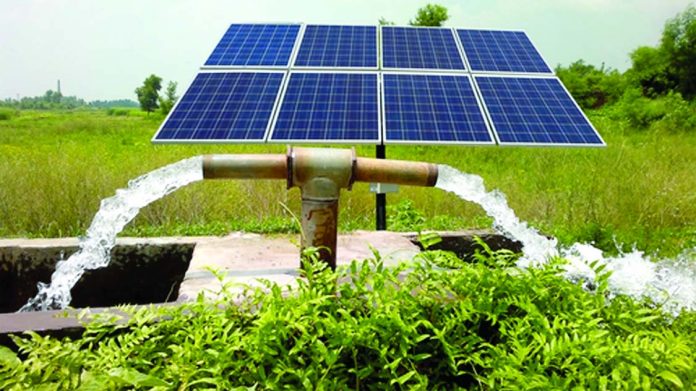H.E Jessica Alupo, the Vice President of Uganda, has praised the efforts of science and innovation in transforming the agricultural sector in Uganda.
Alupo made these remarks on Wednesday, October 16, 2024, while presiding over the 44th World Food Day 2024 celebrations at the National Semi-arid Resources Research Institute (NaSARRI) in Serere district.
Alupo emphasized that the ongoing research into climate-resilient crop varieties, livestock, and aquatic species is crucial for enhancing agricultural productivity among Ugandan farmers.
She called upon scientists to prioritize safety, nutritional value, and accessibility of new agricultural products to ensure farmers can adapt to changing environmental conditions.
“As we explore into the research of climate-resilient varieties, I call upon our scientists to ensure maximum safety of new products,” Alupo said.

The event also saw the introduction of three new high-yielding groundnut varieties, including Nut 5R, 4R, and 3R, by the National Agricultural Research Organization (NARO). Frank Tumwebaze, the Minister of Agriculture, Animal Industry, and Fisheries, said that these varieties were developed through years of research to target climate resilience.
Read Also: Embrace Climate-Smart Agriculture to Ensure Food Security-VP Alupo to Stakeholders
Alupo reiterated that national development can only come about through sustainable agricultural practices. She invited stakeholders to invest more in enabling infrastructure like irrigation facilities and post-harvest technologies, which are critical in improving resilience to climate change.
“As we struggle to enhance agricultural production and productivity for food security, we have to put resources in structures that protect our farmers,” she asserted.
As Uganda faces rising temperatures and irregular rainfall patterns, initiatives like these are crucial in ensuring sustainable farming practices that are able to cope with future climate changes.















